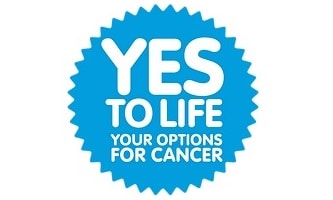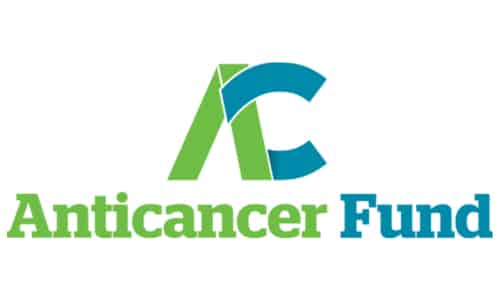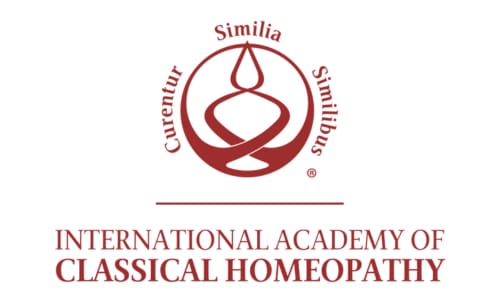On this page
Homeopathic medicine: an overview ›
Find homeopathic medicine practitioners ›
Homeopathy: an overview
Homeopathy is a practice based on the theory of “like cures like”—the idea that a small dose of a substance that causes symptoms in a healthy person may help treat similar symptoms in someone who is ill. Homeopathic remedies are derived from plant, mineral, or animal substances, which are repeatedly diluted in water until there is little to no detectable amount of the original substance left. Practitioners believe that the process leaves a molecular imprint in the water, which then stimulates the body’s natural healing mechanisms. These remedies are typically prepared as drops, pills, or creams.1Cancer Research UK. Homeopathy. Viewed April 8, 2022.
What do homeopathic practitioners offer?
Homeopathic practitioners work with cancer patients and others to provide personalized remedies that align with the principles of homeopathy. While homeopathy is sometimes integrated into complementary cancer care, the scientific evidence supporting its effectiveness in cancer treatment is limited.2Milazzo S, Russell N, Ernst E. Efficacy of homeopathic therapy in cancer treatment. European Journal of Cancer. 2006 Feb;42(3):282-9; Kassab S, Cummings M, Berkovitz S, van Haselen R, Fisher P. Homeopathic medicines for adverse effects of cancer treatments. Cochrane Database of Systematic Reviews. 2009 Apr 15;(2):CD004845; Ernst E. Homeopathy: what does the “best” evidence tell us? Medical Journal of Australia. 2010 Apr 19;192(8):458-60. Some studies have reviewed the use of homeopathy in cancer care, but findings have generally been inconclusive. There is preliminary evidence supporting the use of two homeopathic treatments: topical calendula for preventing acute dermatitis during radiotherapy and Traumeel S mouthwash for reducing chemotherapy-induced mouth inflammation (stomatitis).
Who are homeopathic practitioners?
Homeopathic practitioners come from a variety of training backgrounds. Some are naturopathic doctors (NDs) or physicians who receive homeopathy training as part of their education. Others may be trained in independent homeopathic schools or programs. Certification in homeopathy is available to validate a practitioner’s knowledge and skills, but it is important to note that homeopathy is regulated differently across states, with state licensing boards setting specific standards for practice.3National Center for Homeopathy. Training & Practice. Viewed April 8, 2022.
Find a homeopathic medicine practitioner

National Center for Homeopathy: Find a Homeopath ›

Yes to Life: Homeopathy ›
Helpful links
Learn about other medical approaches
References




